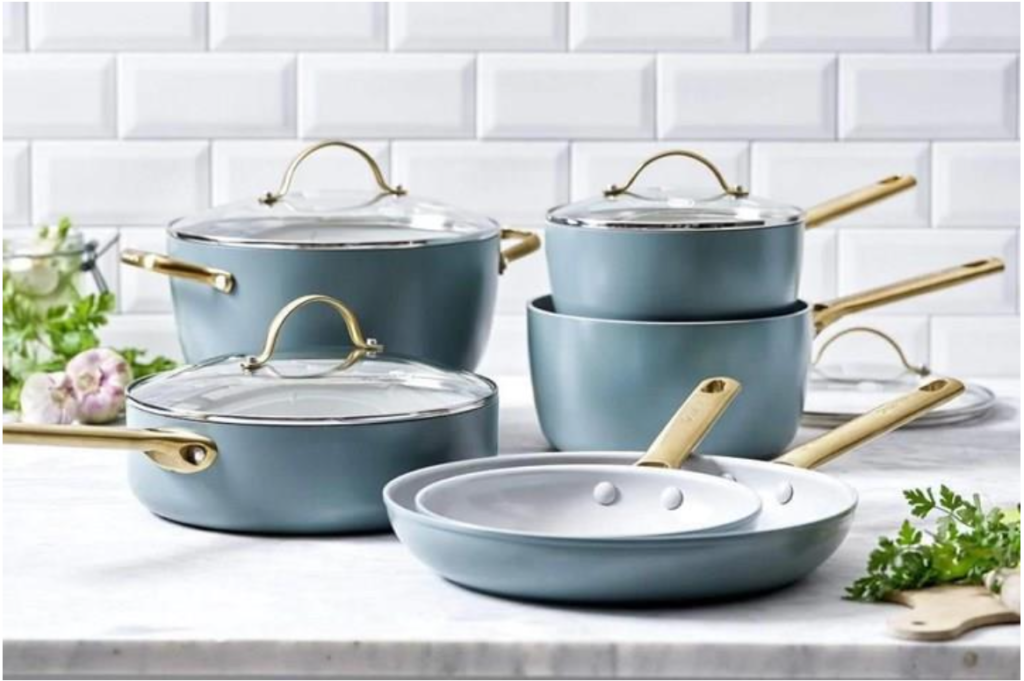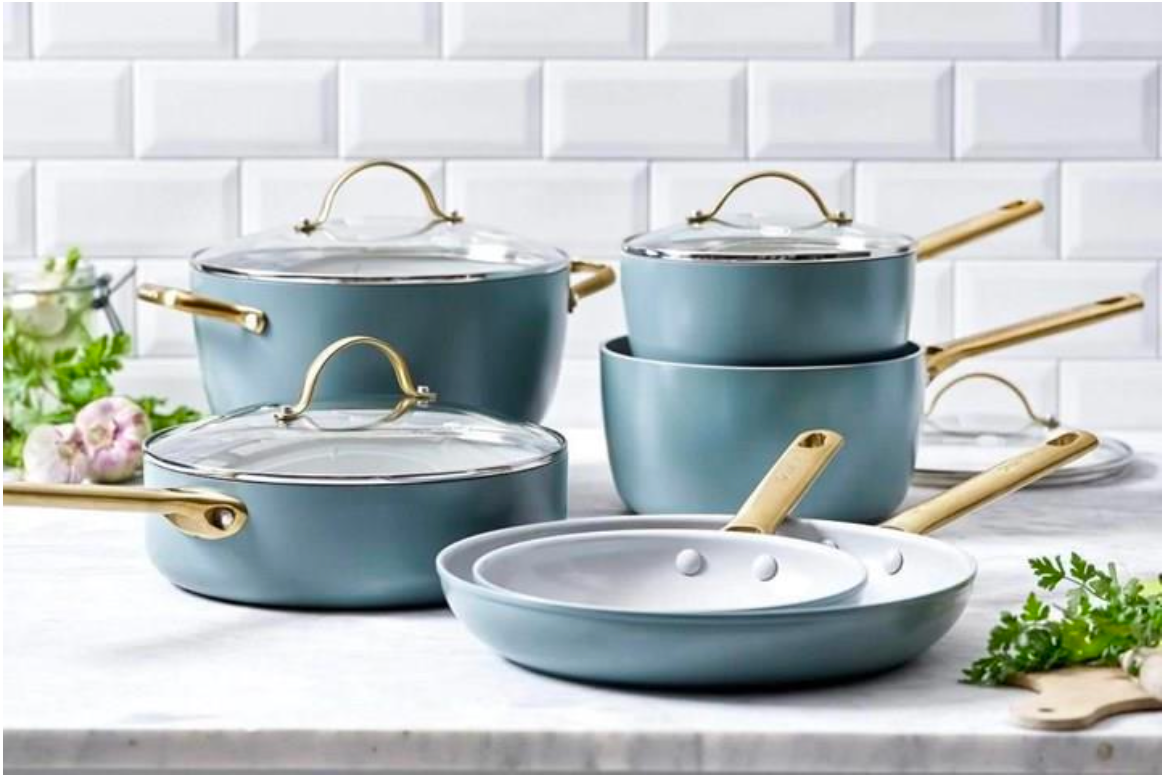
In the heart of every kitchen, cookware stands as the silent orchestrator, shaping the cooking experience and influencing the outcome of every dish. The importance of quality cookware extends beyond mere functionality; it becomes the cornerstone of a chef’s prowess, impacting everything from precision in cooking to the longevity of kitchen essentials.
Types of Cookware Materials
- StainlessSteel: Known for durability and even distribution, stainless steel cookware is a kitchen staple.
- Non-Stick: Providing convenience and easy cleanup, non-stick cookware is ideal for low-fat cooking.
- Cast Iron: Beloved for its excellent heat retention and versatility, cast iron cookware becomes a culinary workhorse.
- Other materials: Explore materials like copper, aluminum, and ceramic, each offering unique characteristics for various cooking needs.
Essential Pieces in a Cookware Set
- Pots and Pans: The foundation of any cookware set, pots, and pans come in various sizes to accommodate different recipes.
- Specialty Items: Dutch ovens, skillets, and saucepans add versatility to a cookware collection, catering to specific cooking styles.
Cookware Set Considerations
When selecting a cookware set, consider the material for even heat distribution and durability, the variety of pieces to meet diverse cooking needs, and features such as non-stick coatings and ergonomic handles for enhanced cooking efficiency and comfort. Investing in a thoughtfully chosen cookware set can elevate your culinary experience and make every meal a masterpiece.

Quality Indicators
Material Thickness and Conductivity: Thicker materials often result in better heat distribution, ensuring even cooking.
Durability and Longevity: Invest in cookware built to withstand the test of time, providing a reliable companion in your kitchen.
Non-Stick vs. Traditional Cookware
Advantages of Non-Stick Coatings: Easy cleanup and reduced need for oils, making it a convenient choice for certain cooking applications.
When to Choose Traditional Materials: For high-heat cooking, searing, or when building fond dishes, traditional materials like stainless steel and cast iron shine.
Maintenance and Care of Cookware Materials
Proper Cleaning and Seasoning: Different materials require different care. Seasoning cast iron, gentle cleaning for non-stick, and regular maintenance contribute to prolonged cookware life.
Tips for Prolonging Life: Avoiding extreme temperature changes and using appropriate utensils are essential practices for extending the lifespan of your cookware.
Cookware Set Reviews And Popular Brands
Top-rated cookware sets often hail from renowned brands like All-Clad, offering professional-grade stainless steel options known for durability and even heating. Cuisinart, celebrated for its versatile and budget-friendly sets, combines performance and style, while Le Creuset stands out with its vibrant enameled cast iron cookware, marrying exceptional quality with aesthetic appeal.

Cookware Set Maintenance
Seasoning Cast Iron: The process of seasoning cast iron enhances its non-stick properties and prevents rusting.
Avoiding Common Mistakes: Simple practices, like avoiding metal utensils on non-stick surfaces, go a long way in preventing damage.
Choosing Cookware for Your Kitchen
Personalizing Choices: Consider your cooking preferences, frequency of use, and available kitchen space when selecting cookware.
Factors to Consider: From heat conductivity to handle design, various factors should guide your decision-making process.
In summary, investing in a quality cookware set transforms cooking from a routine task into an art form. Tailoring your selection to match your cooking style and preferences ensures that your kitchen becomes a haven of culinary creativity. Embark on your cookware journey, and remember that the right tools can elevate your dishes from ordinary to extraordinary, making every culinary endeavor a delightful experience.




![Snapchat Spectacles (5th Gen) [Top Features Unveiled] [2024] Snapchat Spectacles](https://barefootclimb.com/wp-content/uploads/2024/10/Snapchat-Spectacles-150x150.jpg)







2 thoughts on “Cookware Materials 101: Essential Pieces, Quality Tips, and Top Brands”